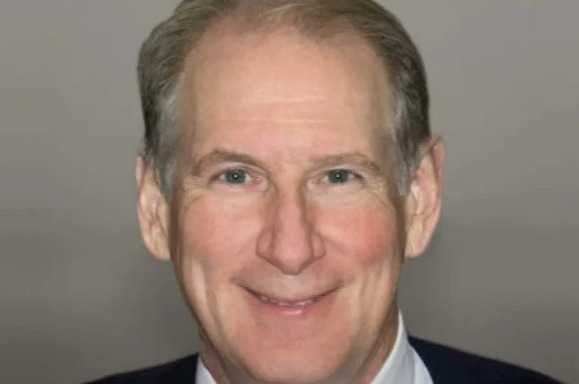James Crown, a longtime JP Morgan board member, died in a tragic car crash on Sunday in Colorado.
Crown, who also served as the chairman of the Aspen Institute, died after he got in a car crash when he hit a barrier at the Aspen Motorsports Park in Colorado.
Besides being notable in the business world, Crown also dabbled in the political realm.
Crown’s involvement in politics stems from his longtime friendship with former President Barrack Obama.
The Chicago Sun Times reported Crown was the Illinois co-finance chair for Obama’s 2008 presidential campaign.
In 2014 during his second term, Obama appointed Crown to his Intelligence Advisory Board.
Per The Hill:
Billionaire and philanthropist James Crown died Sunday in a car crash while on a racetrack in Colorado.
The Colorado Sun reported that Crown, 70, died Sunday after his vehicle hit a barrier on a racetrack at Aspen Motorsports Park in Woody Creek, Colo., Sunday, which was also his birthday. According to the Colorado Sun, the coroner ruled that Crown’s death was an accident and that “multiple blunt force trauma” was evident as the autopsy remains pending.
Crown had also served on JPMorgan’s board since the early 1990s and was also a board director at General Dynamics. Crown, who lived in Chicago, was also the managing partner of Aspen Skiing Co. based in Colorado, according to CNN.
In recent months JP Morgan has been making headlines for all the wrong reasons.
In June, JP Morgan agreed to a $290 million settlement with Epstein victims for conducting business with convicted pedophile Jeffery Epstein despite him being flagged as a “high-risk client.”













 All while Pfizer—a company with a $2.3 billion criminal fine for fraudulent marketing, bribery, and kickbacks—was given blanket immunity from liability and billions in taxpayer dollars to produce a vaccine in record time with no long-term safety data.
All while Pfizer—a company with a $2.3 billion criminal fine for fraudulent marketing, bribery, and kickbacks—was given blanket immunity from liability and billions in taxpayer dollars to produce a vaccine in record time with no long-term safety data.
























